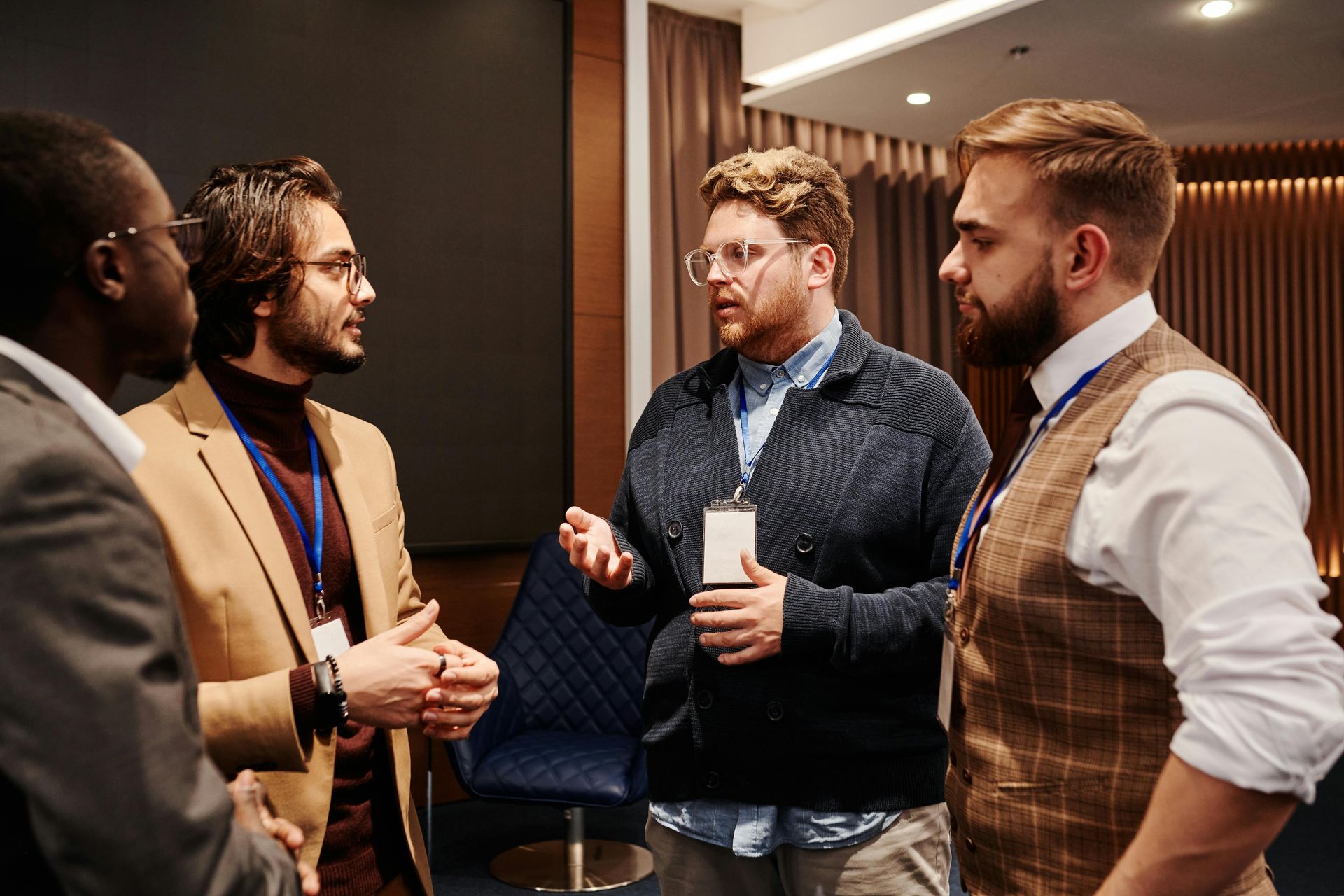February 26, 2025
By James (Jim) Martin '57 The Davidsonian February 26, 2025 As a loyal alumnus, I love Davidson College. There are few things here that I don’t love. Perhaps you feel the same, for similar or different reasons. While privileged to teach chemistry here for twelve years, I got into politics as a Mecklenburg County Commissioner. For five decades since retiring from the faculty to become a member of the US Congress, I followed Davidson mostly in passive ways. My annual giving was modest until I was in a position to increase my donation and deliver a significant gift from Duke Energy while on its Board. This and generous friends endowed Professor Malcolm Campbell’s multidisciplinary Genomics Program and a chair in chemistry honored to support Professor Erland Stevens. While Governor of North Carolina, I received an honorary degree and spoke at graduation. All this is a self-aggrandizing way to say I’m part of Davidson College and fully committed to helping it become the best it can be. This was tested when our Trustees decided that the President and the majority of Trustees need no longer be Christian. I joined eleven other former Trustees in a statement objecting to what we believed would undermine Davidson’s tradition and Statement of Purpose. This angered some alumni, especially recent graduates. You might be amused at how many defended the change simply by denouncing us as “old white men.” This trifling trifecta of accursed identity was true, but ignored thoughtful reasoning. This drew me to an even smaller, unofficial group of concerned alumni, Davidsonians for Freedom of Thought and Discourse ( www.dftdunite.org ). Since 2018, its founders had petitioned Davidson College to adopt the Chicago Principles on Freedom of Expression. Pleading from a conservative viewpoint, they got little respect. Even with support from hundreds of alumni representing a wider range of interests, ages and viewpoints, DFTD continued to be disregarded. In 2021, President Carol Quillen heeded a similar appeal from several faculty members, whose interests weren’t aligned with ours. She appointed me to a group of six chaired by Professor Issac Bailey to compose a Davidson vision for academic freedom of expression reflecting Davidson’s commitment to ideals of diversity. The resulting document containing every element of the Chicago Principles was deferred until the arrival of new President Doug Hicks. With his calm inspiration, earnest discussions among faculty won growing acceptance. In early 2023, “Davidson’s Commitment to Freedom of Expression” was affirmed by a nearly unanimous vote. DFTD found ways to support greater diversity of viewpoints on campus. A student chapter of Free Speech Alliance was founded and DFTD was pleased to provide funding for their and others’ invited speakers. This led individual students to entrust us with suspected violations of their academic freedom. Most alarmingly, we heard about several dozen academic courses with syllabi requiring students to confess themselves “oppressors,” repent and atone . . . religious conditions irrelevant to the subject matter. Ironically, DEI is Latin for “gods.” We learned from other students about an astonishing “mandatory” order that all Davidson athletes attend a one-sided, provocative documentary entitled, “I’m not Racist…am I?” Its message? If you are white, you are racist. If you’re non-white, you can’t be racist. Melanin matters. While we don’t object to anyone studying such controversial notions, we protested the coercive way highly partisan objectives were imposed as a condition for participating. After several months with no assurance that our concerns were taken seriously, we reported this to our subscribers. Our purpose was to bring about a remedy, not punish or accuse any individual as was making national headlines at other schools. We figured some may have felt they were doing what was expected of them. One of us mentioned this campus issue in an interview on Fox News. This exploded into far wider circulation than we had foreseen or intended. Faculty and administration were flooded with vile communications from hundreds of anonymous individuals. At the time, this threatened to damage the reputation of Davidson College as well as DFTD, likely among opposing factions. I see no consequent injury against the College today, and DFTD’s standing has become more respected or tolerated even among some who dispute us. We made a point to welcome Dr. Chloe Poston as DEI Vice President at Davidson. She listened to our encouragement to explore ways to reform those abuses. Was it fair, in the cause of including diversity, to blame students for past discriminatory practices for which they bore no personal responsibility? We were pleased to discover, not long after the fall term began, that every course whose syllabus had defamed students as “oppressors” had dropped the insulting indoctrination. To us, this was good news, reflecting a less divisive and more welcoming attitude on campus. We commend those among faculty, administration, and students whose thoughtful contributions led to these corrections. Other reforms may need attention. Do any departments still require DEI allegiance in ways that filter out conservative scholars? Do students or faculty still feel intimidated to self-censor their thoughts and questions? Will Davidson adopt institutional neutrality for ideological controversies? There’s now the question whether Davidson‘s more welcoming, less doctrinaire approach to inclusion of a wider diversity of attributes, cultures and viewpoints will survive the national backlash against DEI. The federal government has declared a campaign to eradicate any trace of it. Among our DFTD membership we’ve learned to respect divergent views among friends, but I can tell you there is division over this. Some are convinced the same old divisive malpractices will simply be continued behind new titles, concealing the enforcement of identity politics. Others trust that Davidson’s new approach can be a positive model for others. Davidson can demonstrate a standard of healthier assurance that every student, without regard to their culture, religion, attitude, politics or appearance, will be genuinely welcomed and encouraged to grow intellectually, socially and spiritually. Large universities with massive DEI staffing must choose to fold or fight. If Davidson can restore diversity’s original ideals without the partisan excesses, other elite colleges might choose to defend this more sensible approach. The Davidsonian 2/26/25 by Davidsonian - Issuu



